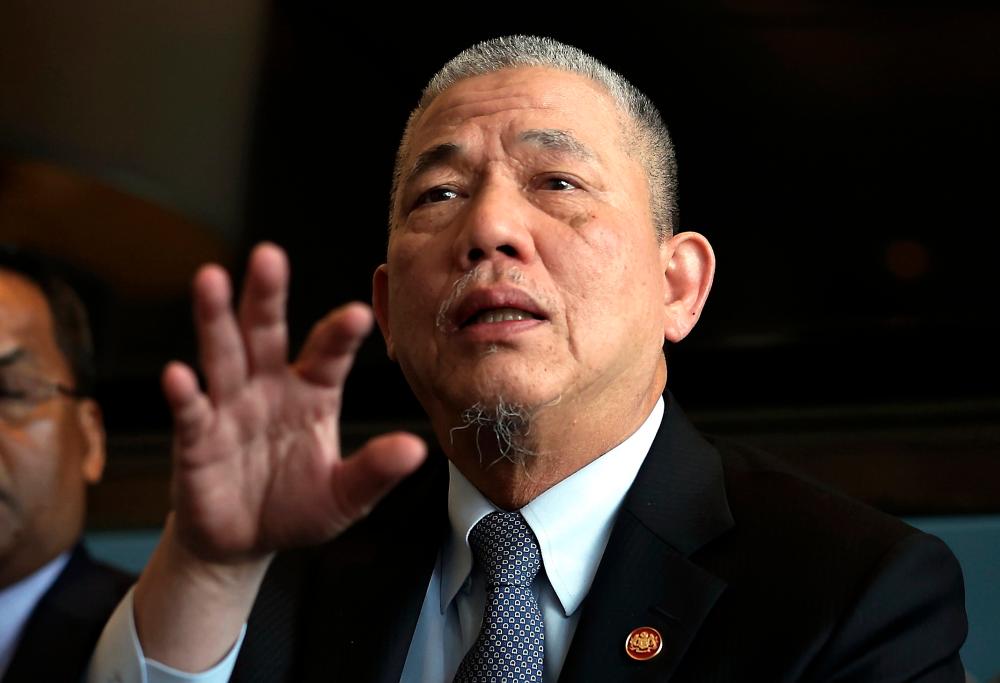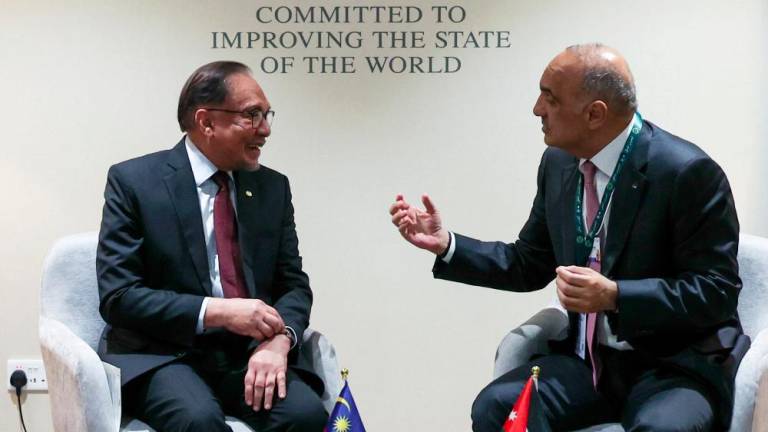PUTRAJAYA: The government will develop specific indicators through the development of competitive food security indicators to measure the country’s level of food security.
Deputy Prime Minister Datuk Seri Fadillah Yusof, who is also the Minister of Energy Transition and Water Transformation (PETRA), said that this is among the initiatives being discussed in detail at the Executive Committee Meeting on the National Food Security Policy, yesterday.
He said among the other initiatives is that all ministries, departments, and agencies will collaborate to offer undeveloped land for use in the onion cultivation programme.
“This initiative aims to reduce the dependency rate on onion imports by 30 per cent by 2030,” he said in a statement today.
Fadillah said the meeting also agreed to the policy that the production and sale of cultured meat and cultured meat products, as well as cell-based food in Malaysia, are not allowed until the international standard-setting is finalised.
Also proposed was the structural transformation in the national padi and rice sectors, including establishing a centralised fertiliser distribution centre, replacing input subsidies with output subsidies, harnessing big data, and adapting digital technology.
“This proposal will be examined, taking into account the input of all stakeholders before this initiative is implemented,” he said.
Fadillah also said that Plant Factory Planning Guidelines (GPP KiTa) will be developed as a tool to facilitate and support the food plant industry ecosystem, especially through the Plant Factory method.
Furthermore, he said that the agricultural sector will be strengthened and digital transformation will be catalysed through the Malaysia Digital (MD) AgTech initiative.
“Nuclear technology under the Malaysian Nuclear Agency will also be explored, which can contribute to the safety and food security of the country such as stable isotope techniques for food tracing and authenticity, food irradiation technology, and food sterilisation techniques.
“This is for the sustainability of food crops, breeding mutation radiation for the production of new varieties of food crops, and sterile insect technique (SIT),” he said.
Fadillah said that the Whole of Government, Whole of Society (WoGoS) approach is crucial to strengthening food security aspects in facing an environment that is constantly changing, uncertain, complex, and ambiguous for the sustainability of national food security.
Therefore, constructive recommendations presented in the meeting will be fine-tuned before being brought up for consideration by the Cabinet Committee on National Food Security Policy later, he said.
“In line with Malaysia MADANI aspirations, it is the responsibility of all parties to ensure that the level of national food security is stable and sustainable in line with the concept of Food Security is a Shared Responsibility,” he added.










